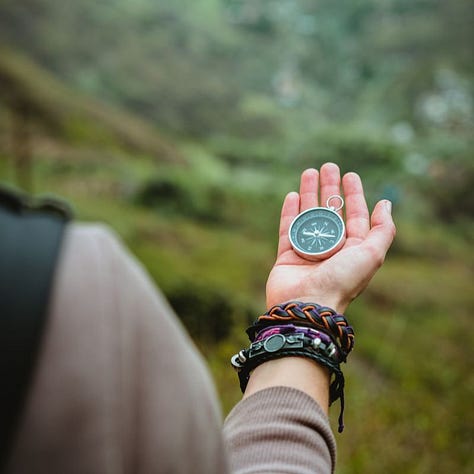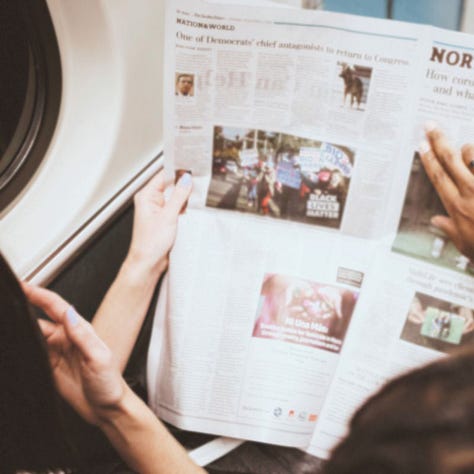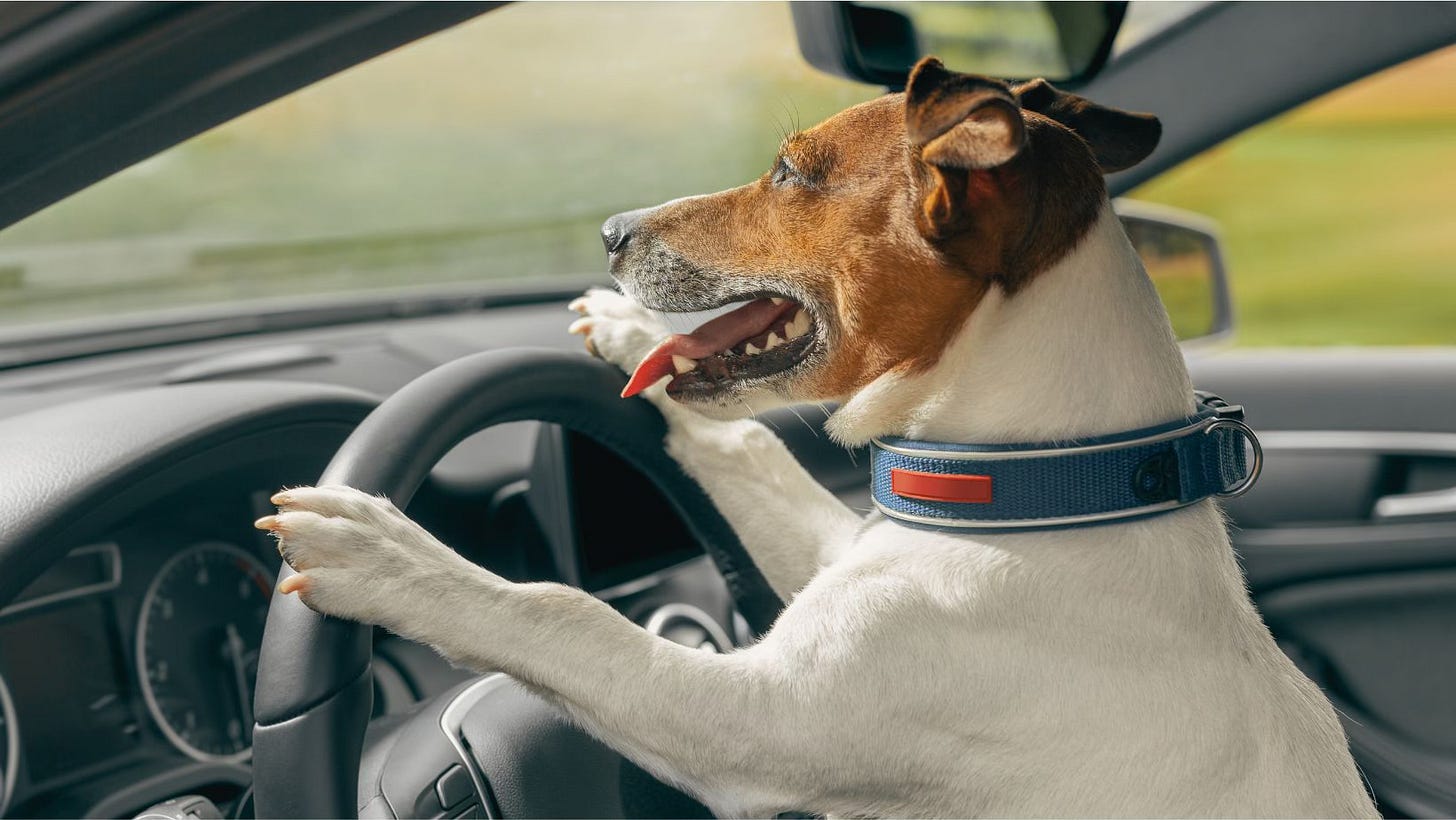SOMATIC FIRST AID: for when the disignated driver goes missing
You know, when that person who is not drinking on a night out, the one who is going to make sure everyone gets home safely disappears or is caught sneaking shots and playing pool with their cronies.
It’s difficult to keep up with world events, isn’t it? The speed. The unpredictability. The horror. Not to mention the vulgarity. Those we designated as the drivers to steer us through the first decades of the 21st century are showing themselves to be astonishingly inept at following a moral compass or in helping their peers find one. Wisdom it seems does not always come with age. One alarming headline, image, clip, post or tweet after another is proving the fallibility of that truism.
Here are three somatic remedies I’ve found useful in recent weeks when I’ve felt bewildered, helpless and put on mute.
1. COMPASS POINTS
I think you will agree that at a collective level we are in the midst of seismic changes; things that I thought were givens in my own culture - respect for international rule of law, basic human rights and dignity, the right to make choices about my own body, to name a few - are in fact fragile. Perhaps you feel the same. These changes are shaking the ground of our social contracts and when the ground of our daily life shakes it’s normal to be fearful and crave safety. Usually, when we’re feeling physically unstable or emotionally uncertain, we literally or figuratively reach for something firm to hold on to or turn to the fairly reliable remedy of pressing our feet into the ground. But, when the frameworks surrounding us and indeed the ground itself are proving unreliable, what do we do? I’d like to suggest locating your Compass Points.
The cardinal points don’t change. The sun always rises in the East. North is always North. So, when you need to steady yourself in the world or reorient in a flood of information, all you need to remember is where the sun rises over your fence, your street, your town. Then, turn to face this horizon and know that immediately behind you must be West. If you are UK reader, you’ll then only need to remember the phrase “Never Eat Shredded Wheat”, to be able to locate your North and South - for US readers, someone told me to substitute Soggy Waffles, and you would know what I mean - I hope that’s right!
Now, you are in the steady centre of your own compass with the four cardinal directions, converging in you. They simultaneously are at your sides, have your back and meet your gaze. Once you have found your co-ordinates, imagine gravity pouring through you as a way of reconnecting with your density and stability, and let this lead you to an awarenes of your feet in your shoes on the ground. From here you might press your feet more firmly downward, curl your fingers closely into your palms and take a mindful breath or two.
2. WIDENING THE GAZE
Can’t look anymore? This is the feeling that arises from being a remote witness to violence and suffering. It can arise from your conscious choice to watch a newsreel or documentary, however, much of the time scenes appear uninvited in your social media feeds and on the front pages of the supermarket print stands. For a time, you manage emotions in the process of gathering facts; you need to know what is going on in the world, after all. You seek out reliable reporting and commentary but at a visceral level you know that what you are witnessing is an horrific display of the very worst side of humanity. You might experience an array of emotions in just a few seconds: shock, anger, dismay, helplessness. How can you alleviate the suffering of others when the designated drivers may be the very ones wearing the masks, guiding the drones, pulling the weapons?
In the act of averting your eyes amid the jumble of conflicted feelings, you’ll notice that it comes with a held in-breath, along with a quickening of your heart rate. Ask yourself if it’s possible to interrupt this reflexive response in order to consciously exhale, blowing the breath through slightly pursed lips, as if you are whistling silently. It might not be possible to do this and that’s OK - you found a moment of bandwidth to ask, and you could try another time. If you do find yourself exhaling, then at the same time guide your gaze back with more width - that means keeping a sense of your peripheral vision along with your focal point - letting your breathing continue.
What you might notice is that now your gaze is no longer being grabbed by the image or the headline, you are voluntarily offering your gaze. A wide gaze usually means a wide diaphragm, and with it more composure to witness both the material and your responses. From this wider place of seeing, you will have more of a chance to make thoughtful appraisals and considered actions.



3. THE PEACE OF WILD THINGS
You might have to go through a wave of doubt and guilt with this one, I know I do. It makes me very aware of my privileges. Am I ‘bypassing’ reality? Should I really be finding ease and pleasure from listening to the garden birds or watching the wind shake the barely field when others are living through unimaginable circumstances. The US writer and activist Wendell Berry reminds us in his poem The Peace of Wild Things that taking a moment to connect to something of the natural world is the balm we need to face our human troubles.
Here is the whole poem:
When despair for the world grows in me
and I wake in the night at the least sound
in fear of what my life and my children’s lives may be,
I go and lie down where the wood drake
rests in his beauty on the water, and the great heron feeds.
I come into the peace of wild things
who do not tax their lives with forethought
of grief. I come into the presence of still water.
And I feel above me the day-blind stars
waiting with their light. For a time
I rest in the grace of the world, and am free.
You might not live near a lake of still water, but you can spot a tree on the street corner or a plucky weed growing between pavement slabs; you can hear birds in the hedges, or the buzz of a bee. Seek out the presence of nature. The seeing or the hearing is a reminder of all the living things beyond the humansphere, each dedicated to its own cycle of being: a tree being a tree, a bird being a bird, and this might evoke the feeling of a you that is just being you.
I hope this mini-collection adds something helpful to your own somatic first-aid kit. I have some more resources to share coming up in the Companion Notes.
Beverley
PS - there is a lot of noise on Substack about writers using AI for their writing - please be assured Field Notes is all me-created stuff!






I needed this today - it’s horrendous. I feel that to look away & be ambivalent is a sign of my privilege but how to stay informed without feeling hopeless. I think you are right, finding out own true north & being in that, it helps.
Thank you, Beverly. It is what we once thought unthinkable and now happening every day right before our eyes here in the U.S.
It used to be I would say we need to pay attention to the world news all the time...and yes, as you know so well we do "need to pay attention".
And. that does not mean to spiral down into horrible despair. Yes!! thank you for the reminders to also pay attention to the joy - always there - and sometimes so hidden we need to look very closely to see.